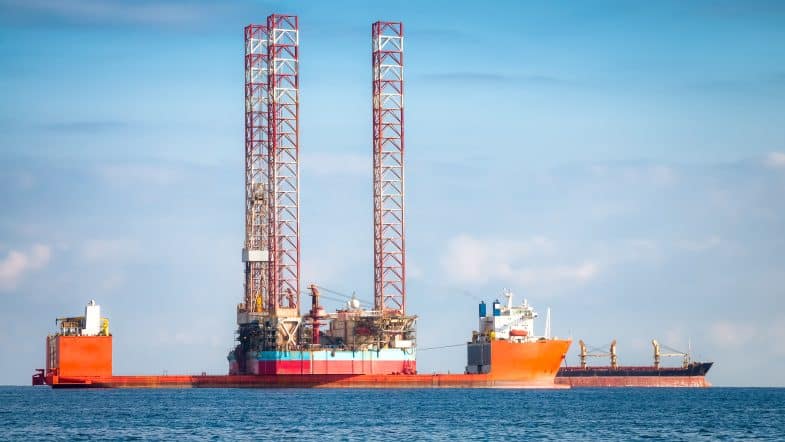London CIV has this week written a letter to ClientEarth fully supporting them in their claim against Shell plc for what it describes as its ‘climate risk mis-management’ and concerns over its Energy Transition Strategy.
In the letter signed by London CIV’s Head of Responsible Investment, Jacqueline Amy Jackson, it said: “Over the next few years one billion lives and trillions of pounds will be at risk due to a single issue: climate change. Recognising the dual materiality of this global emergency and the associated financial opportunities associated with the green transition, London CIV has a fiduciary duty to its 672,000 beneficiaries to understand climate risk, maximize associated opportunities and reduce its carbon footprint”.
It continued: “We are writing both to express our support for your anticipated shareholder claim and to set out our shared concerns with Shell’s Energy Transition Strategy in light of the Board’s responsibility of managing climate change risk. London CIV is one of eight UK LGPS asset pooling companies. Our 32 Clients Funds hold 484,260 common stock shares in Shell plc, with a market value of £11,379,290. As at 31st December 2022 Shell plc contributed 2.31% to the total carbon footprint of LCIV Funds, across scope 1, 2 and 3, with an absolute footprint of 102,422 tCO2e and in a high 2030 carbon price scenario, we calculate that the company’s profit margin would be reduced by 2.59%. Thus, it presents a significant portion of our own footprint and is a primary hotspot of risk and exposure within our portfolio”.
London CIV wrote its concerns and recommendations to Shell in a letter dated 21 October 2022, asking for a response if the Board intended to change course to reduce its impact on the climate. London CIV strongly believed that its recommendations would benefit Shell in the long-term. Regrettably, no response was received. Now the key concern is that it does not believe the Board has adopted a reasonable or effective strategy to manage the risks associated with climate change affecting Shell, which includes the Board’s approach to compliance with the order of the Hague District Court dated 26 May 2021.
As of 31st December 2022, London CIV mentioned this opportunity in the previous letter to Shell, yet Shell’s investments are far too low and in stark contrast with its continued overinvestments in fossil fuels.
Insufficient decarbonisation and continued overinvestment in fossil fuels:
Shell continues to invest heavily in fossil fuels. Its future oil and gas project pipeline indicates a business-as-usual approach for an oil and gas company in the coming years. Neither is such an approach in line with the need to diversify Shell’s portfolio to stay commercially viable in the long-term, nor is it in line with the global consensus that no new oil and gas fields should be approved for development past 2021 to stay within the 1.5-degree Celsius temperature goal.
London CIV understands that ClientEarth’s anticipated claim alleges that the Board of Directors has failed to adopt a reasonable or effective strategy to manage the risks associated with climate change affecting Shell, and to ensure compliance with the Dutch Order, and that this falls short of the Boards’ duties to promote the success of the company and to act with reasonable care, skill and diligence, pursuant to the UK Companies Act 2006. In our view, a Board of Directors of a high-emitting company has a fiduciary duty to manage climate risk, and in so doing, consider the impacts of its decisions on climate change, and to reduce its contribution to it. For the reasons set out above, we consider that ClientEarth’s claim is in our client funds’ interests as a shareholder of Shell, and we support it.
Speaking separately this week, Jacqueline Amy Jackson add further reasoning to its letter when she said: “The unequivocal social and financial impacts of climate change, imposed on future generations will no doubt be compounded by underinvestment in renewables, an absence of meaningful targets and overinvestment in fossil fuels. Long term investors should not be dazzled by short term profits today, when the amount reinvested into the solutions of tomorrow is so derisory.
“With an ambitious net zero target of 2040, London CIV are committed to doing what it can to break the tragedy of the horizon in the interests of our clients’ and their beneficiaries. Not only in terms of their prosperity but with regards to the world we want them to live in”.
Source
